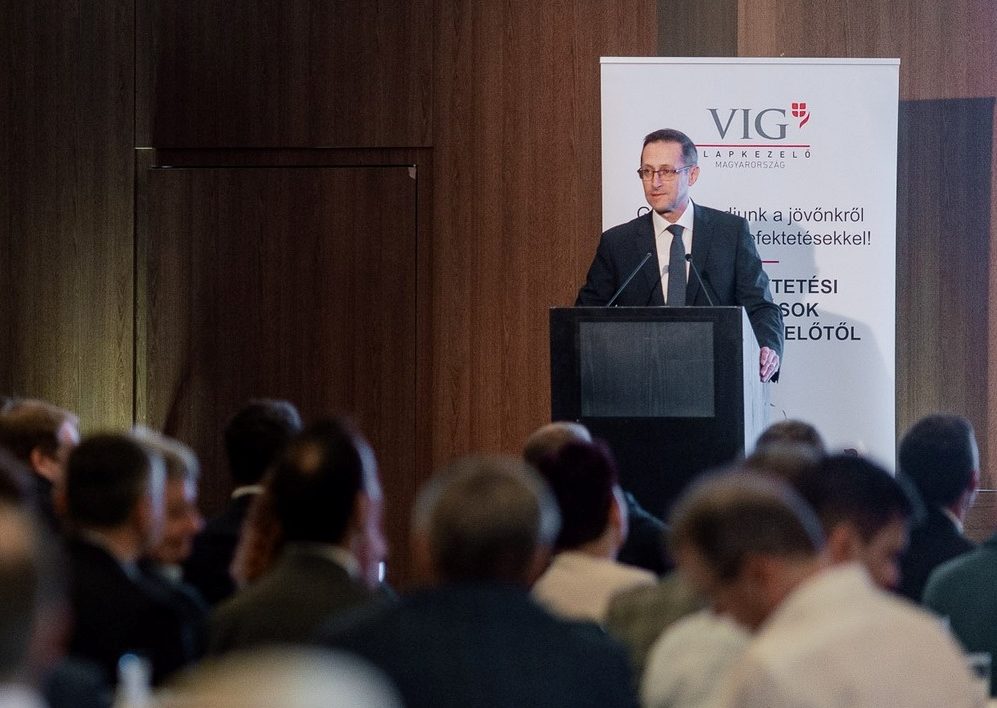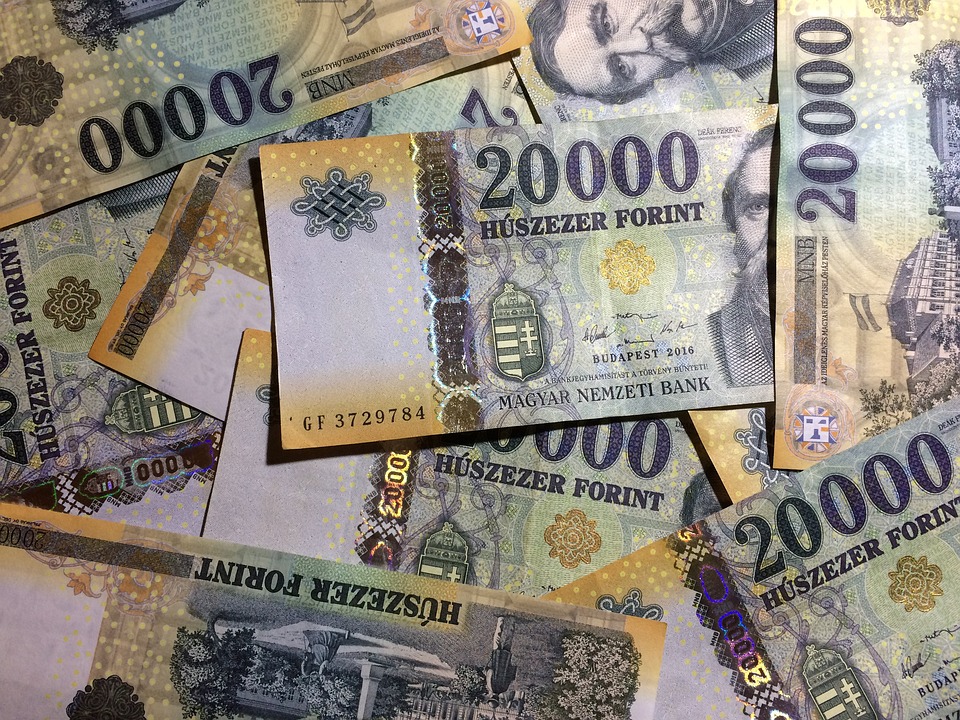
According to the finance minister, real wages can begin to rise from September.Continue reading

Last year, net financial assets per capita were EUR 18,060, putting Hungary in 30th place among the richest countries, the Allianz Global Wealth Report 2023 shows.
The results of Allianz‘s research show that last year was disastrous for savers, 24.hu reports. Asset prices fell uniformly in a scenario that portends a complete downturn. As a result, global household financial assets shrank by 2.7 percent, making it the worst decline since the 2008 global financial crisis.
However, the three main asset classes show significant differences in their growth rates.
While securities (-7.3 percent) and insurance/retirement savings (-4.6 percent) show a significant decline, bank deposits have experienced a strong increase of 6.0 percent.
Overall, financial assets have suffered a loss of EUR 6.6 trillion, with total financial assets amounting to EUR 233 trillion at the end of 2022. The decline was most pronounced in North America (-6.2 percent), followed by Western Europe (-4.8 percent).
Hungarian households’ gross financial assets grew strongly by eight percent in 2022, at a much slower pace than in the previous year (13.7 percent), but in line with the pre-pandemic global average. The main driver of the expansion was a 12.1 percent increase in securities. The insurance/retirement savings asset class, on the other hand, suffered a 2.8 percent depreciation, and bank deposit growth slowed significantly to 5.3 percent from 10.5 percent in 2021. The change in saving behavior also plays a role, as Hungarian savers put less than half as much new money (around EUR 2.3 billion) into bank deposits, and total savings fell by only 34.7 percent to EUR 9.2 billion, while the share of securities purchases even increased, reaching EUR 6.4 billion in 2022.
Hungarian households have never bought so much securities in a year.
Compared to 2019, the stock of financial assets is 38.2 percent higher than before the pandemic, but only in nominal terms. Adjusted for inflation, it has grown by just 11.1 percent in three years.
The growth in liabilities has slowed to 7.2 percent compared to the 2021 rate of 14.6 percent. As a result, the debt-to-GDP ratio fell by more than one percentage point to 23.7 percent. Net financial assets showed a respectable increase of 8.2 percent. Net financial assets per capita amounted to EUR 18,390, making Hungary move up two places to 30th in the ranking of the richest countries.
Via 24.hu, Featured image: Pixabay